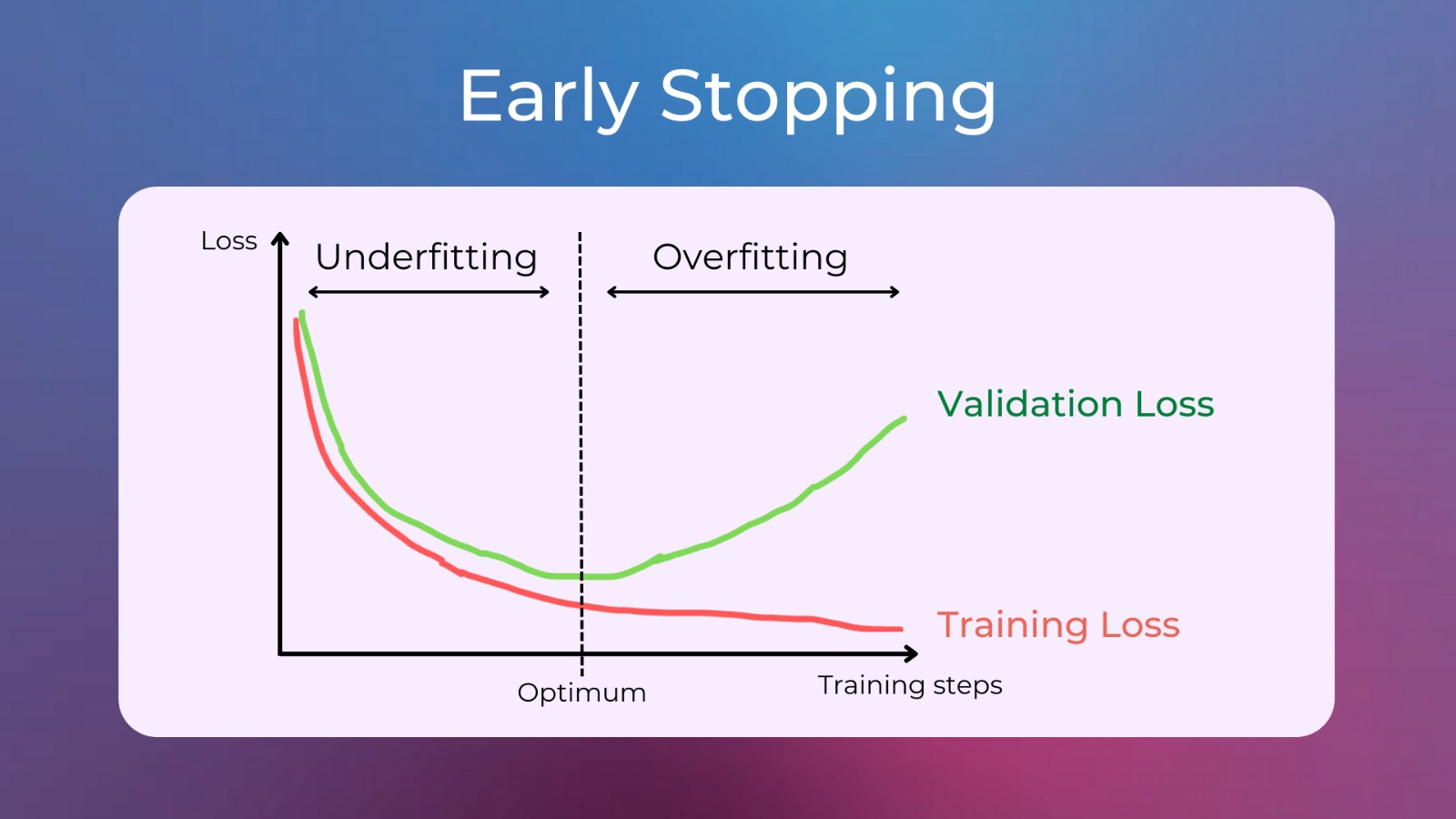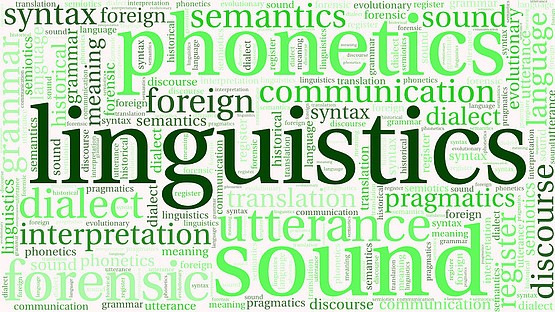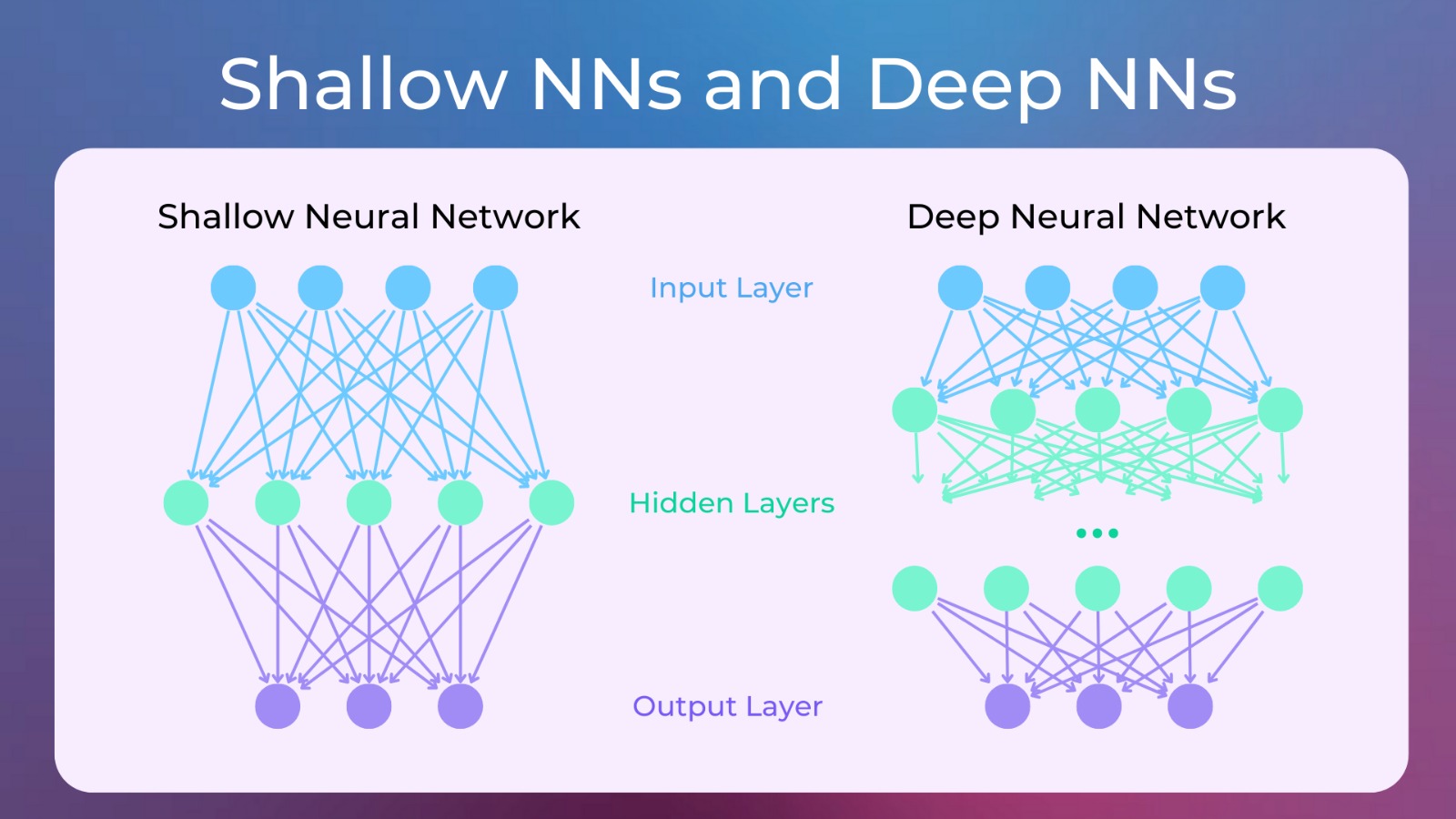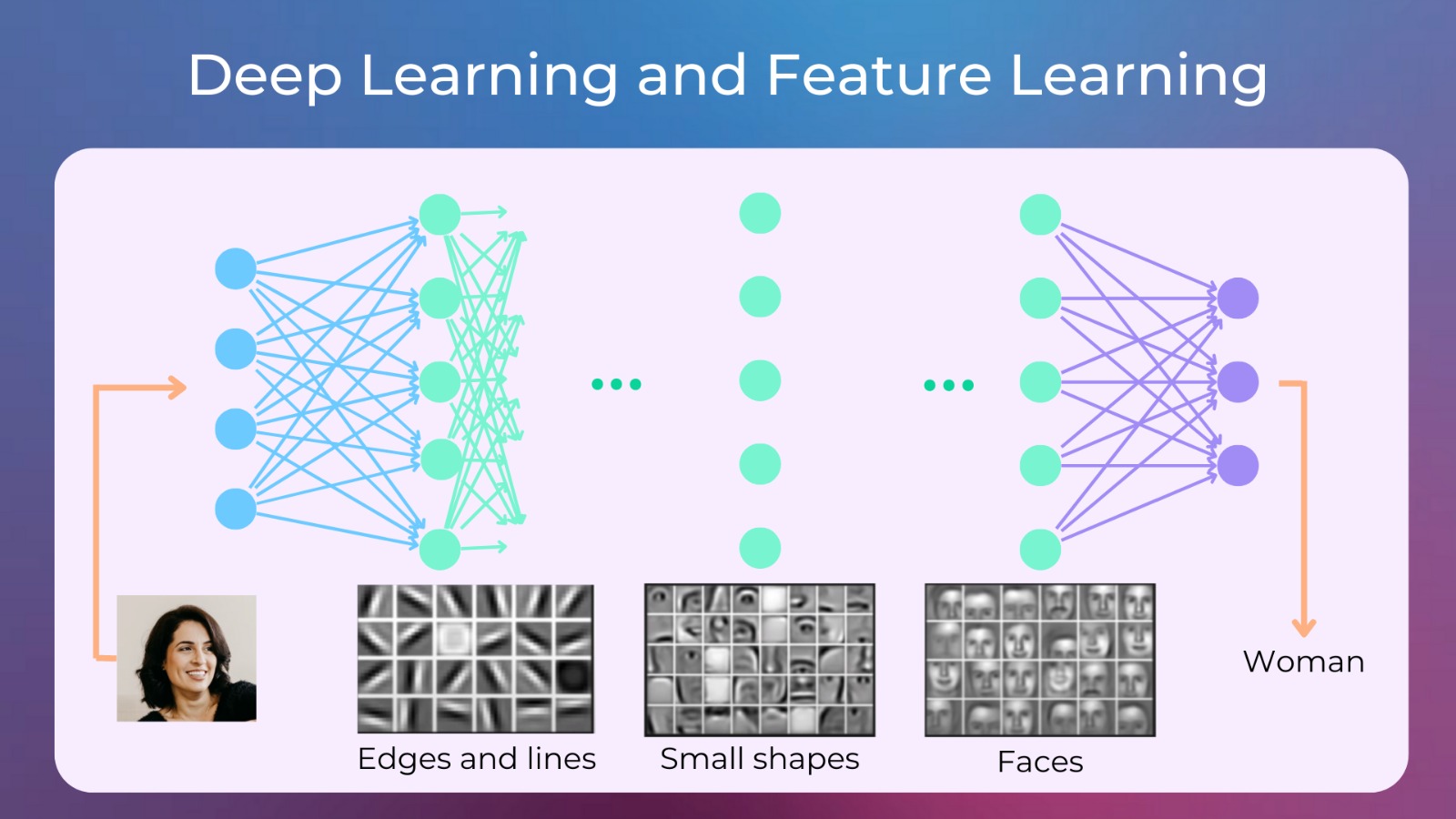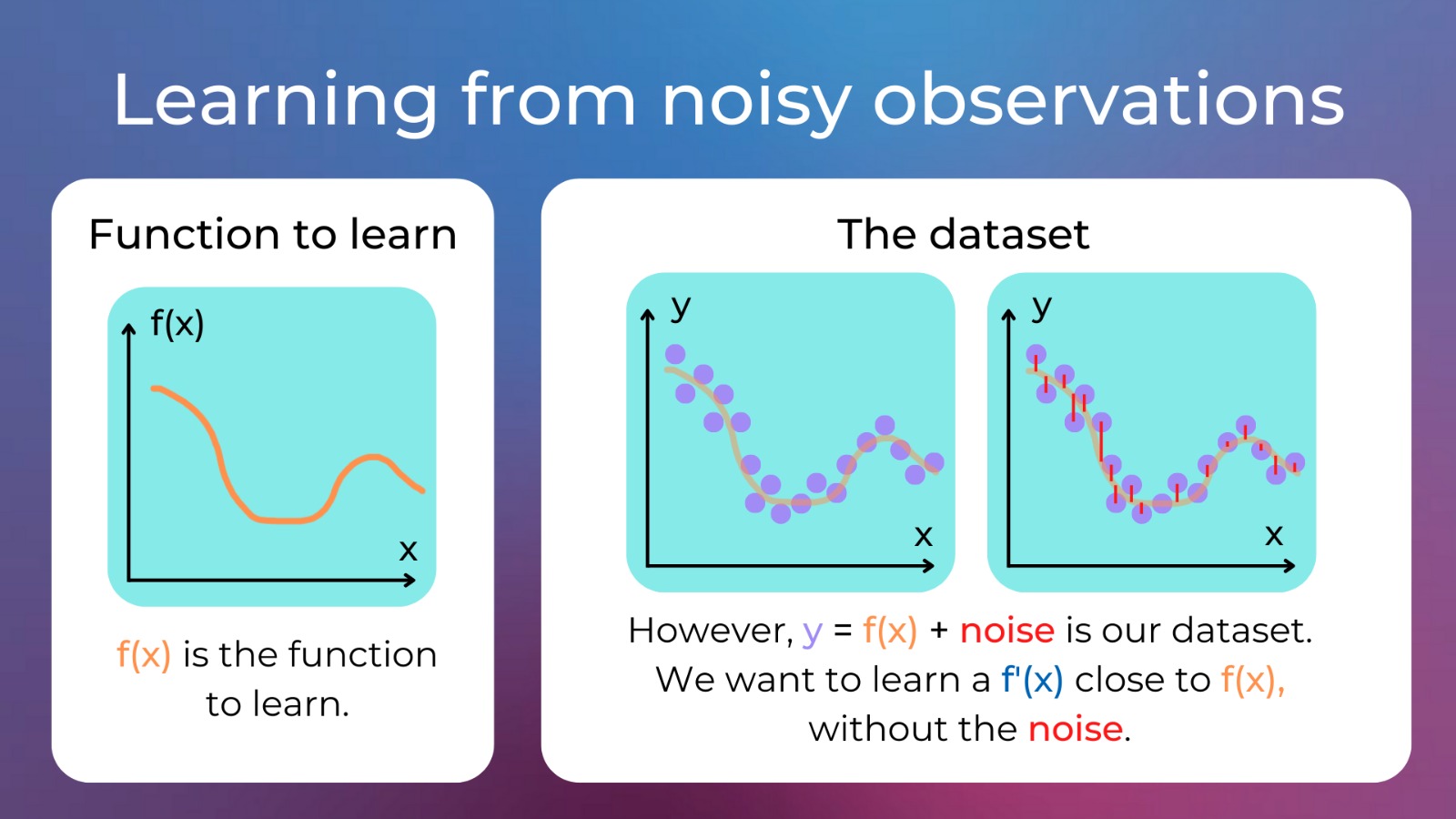Linguistics is the scientific study of language, focusing on how sounds are produced and the meanings of words in different languages. Meanwhile, Artificial Intelligence (AI) deals with the intelligence of computers, allowing machines to perform tasks typically done by humans. These two fields intersect in various ways. As I mentioned in a previous blog post, linguistics includes many branches that closely align with AI. For example, syntax, which deals with the structure of sentences in a given language, is a key component of Natural Language Processing (NLP), a subfield of AI. When you use speech recognition software like Siri or Google Assistant, the system listens to your speech, converts it into text, and then structures it according to grammatical rules like subject-verb-object order. This demonstrates the interdependence of AI and linguistics.
Within linguistics, there are experts called phoneticians who specialize in the study of sounds. Phoneticians play a crucial role in the AI industry because teaching machines how to produce specific sounds accurately is a complex challenge. Here are some of the key contributions phoneticians make:
- Verifying phonemic transcriptions
- Translating documents
- Assisting in accurate spelling
- Improving fluency in speech
These tasks underscore the significant role linguistics plays in AI. Tech companies increasingly recognize the value of linguists, particularly in the field of NLP. Even without a background in computer science, linguists are highly sought after in the tech industry because they understand the intricacies of language and can teach machines to pronounce words correctly in various languages. Moreover, they enhance a machine’s ability to understand word meanings, thus advancing AI development.
Having expertise in both AI and linguistics is advantageous. It creates opportunities for skilled technical writers, who are also in high demand. In a tech work environment, employees with knowledge in both areas can contribute more effectively because they have a deeper understanding of the subject matter.
Linguistics is deeply embedded in AI applications. For instance, digital assistants, navigation apps, and AI robots all rely on human language, which is a fundamental aspect of linguistics.
